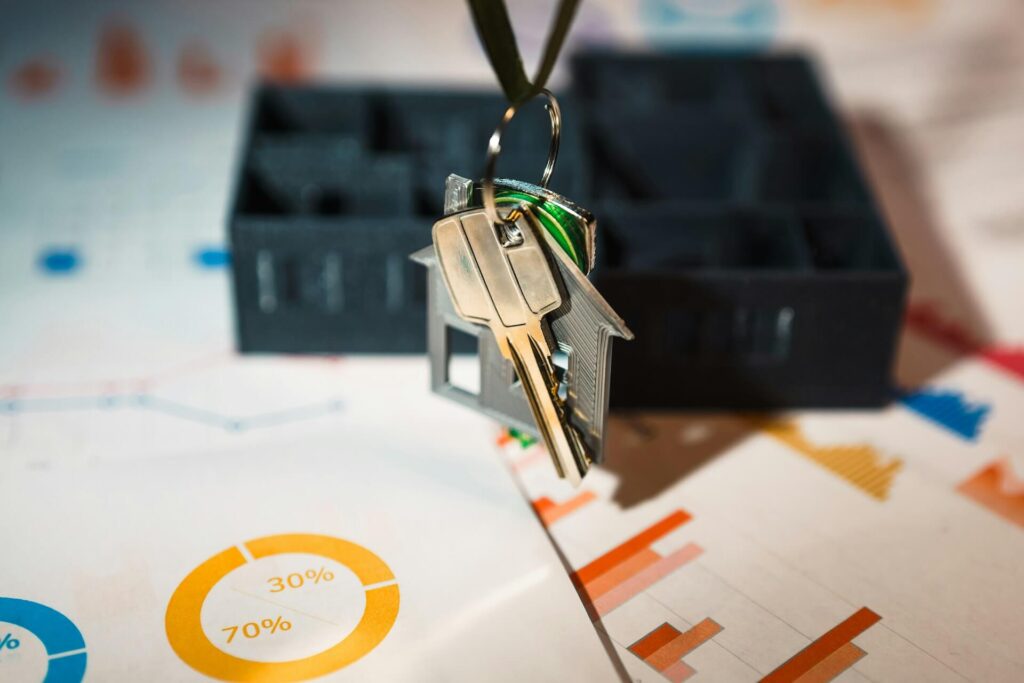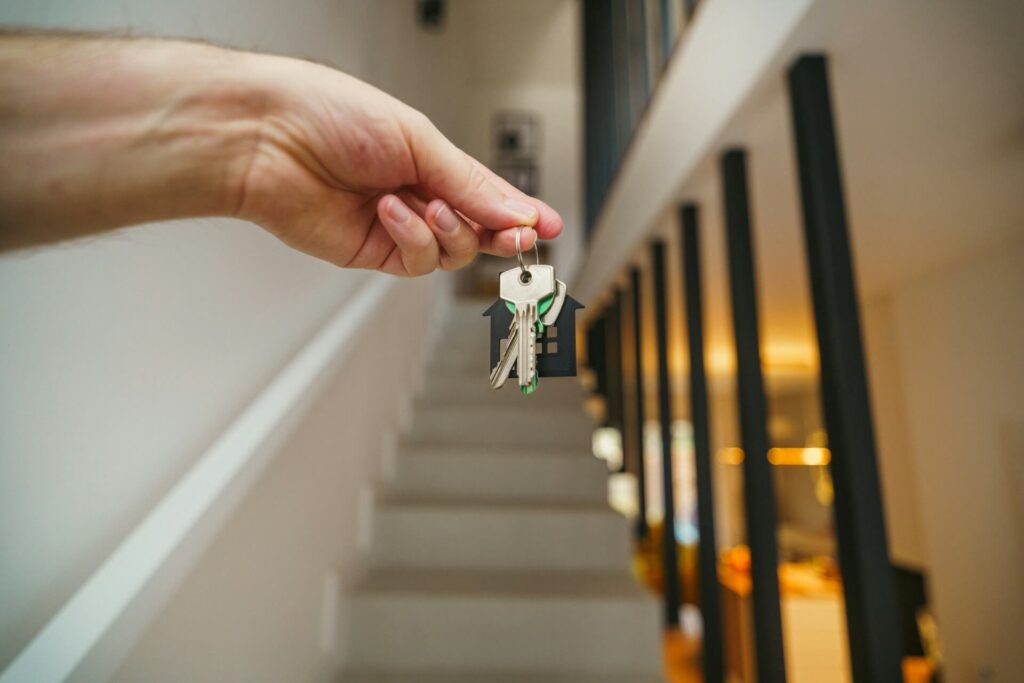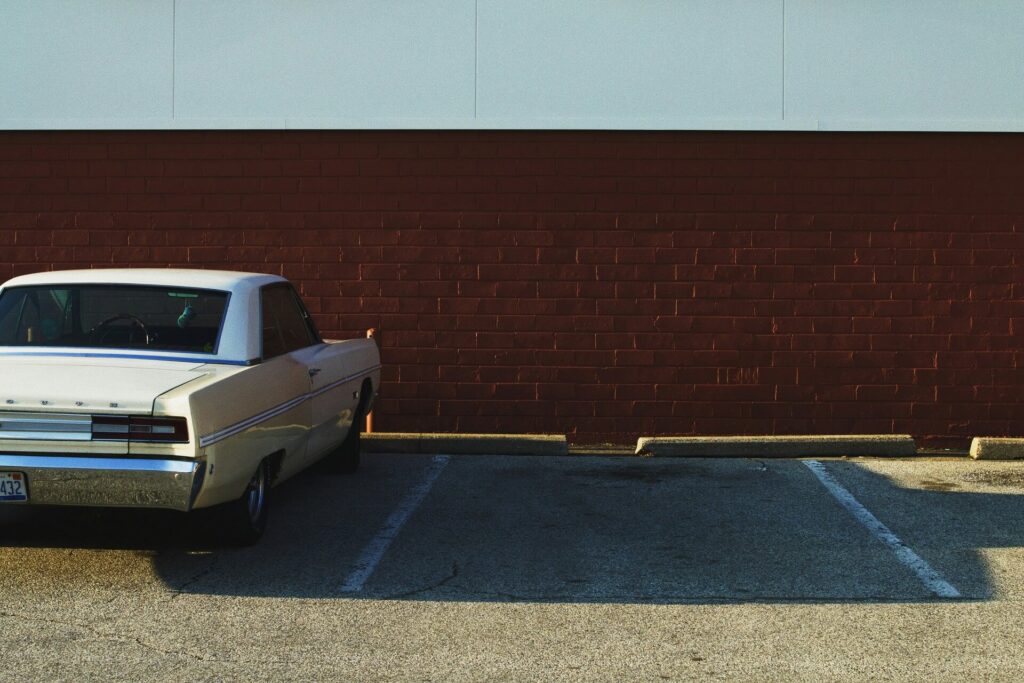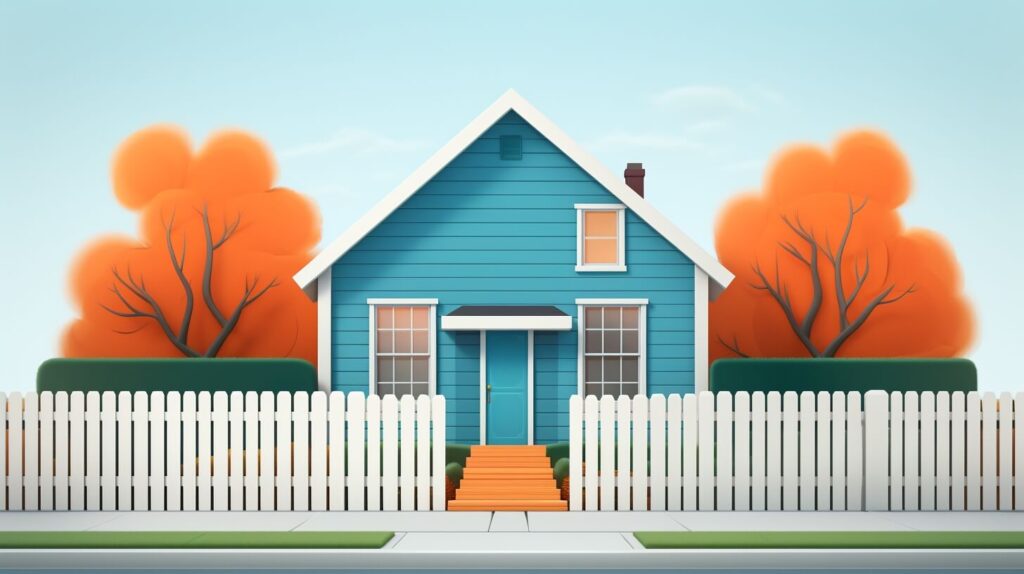
We are reader-supported. When you buy through links on our site, we may earn an affiliate commission.
Buying a house is a different process for everyone. The home-buying process may involve the same steps, but no two people will experience things the same way. As a result, there is no best time to buy a house that will work well for everyone. You have to examine a few things about your budget, financial standing and emotional status before you’re ready to purchase your forever home. Here are things you need to look out for when determining when you should buy a home.
1. Check Out Your Credit Score
One of the first things that should tell you whether now is the best time to buy a house is your credit score. A credit score can help you with several things in life, but most importantly, it can help you secure a good loan to help you pay for your dream home. A higher credit score can secure you a lower interest rate, which will help you pay less over time for your house.
When buying something as large as a house, you definitely want to have a low interest rate. Always pay at least the minimum on your monthly debts, so your credit score can remain stable. With a little work, you can increase your score and up your odds of getting a lower interest rate.
2. Look at Inventory
Some areas are bound to have more inventory than others, even in seasons when it’s hot to sell homes. Unless you’re completely set on a certain city, you may have to look outside the area you were thinking of. If there isn’t enough inventory in the area that you like, you’ll have to broaden your horizons.
If you are set on a certain location, now might not be the right time to buy, even if you’re financially prepared for it. You deserve nothing less than perfection for your dream home, so you may have to wait before finding something that works well for you. If you’re not opposed to building your own home, you can start looking for land instead.
3. Expect the Unexpected
How much money do you have tucked away for certain unexpected expenses? When you buy a new house, you never know when an issue may come up that you didn’t see in the inspection. You should start saving up an emergency fund before you plan to buy a home. When you expect unexpected expenses to creep up, you won’t have to worry about losing money.
You may even opt to buy a cheaper home and do the repairs yourself instead of buying a new build. If you think you have the free time to tackle a fixer-upper, it might be an easy way to save you some money and teach you some new skills. Consider looking for houses that aren’t in pristine condition, and you might find a winner.
4. Focus on Your Expenses
The best time to buy a house has to be when you’re feeling financially stable. You should be saving up for a down payment, as the larger the down payment, the less you’ll have to pay on a mortgage. Take note of where and how you spend your money. You may have cut back recently to save for your down payment or closing costs, but you should examine where your money knows and potentially cut certain services, experiences or goods out of your life.
You should only spend about 25% of your household income on housing, meaning that you won’t be house poor. Being house poor means you can hardly afford the home you live in, and you don’t have enough money for other expenses. It can cause several issues, such as not having enough money in an emergency fund and even lead to losing your home someday. Even if you like the idea of owning a home now, if you’re not financially secure, you should put off buying a home.
5. Avoid Making Transitions
Adding transitions to an already tumultuous process likely won’t end well. When you’re going through the home-buying process, you need to pay attention to every expense you make. Cut out unnecessary expenses, and don’t make any large purchases that could sabotage your deal. Transitions like large purchases have been why some people were unable to secure the deal they wanted. Hang onto your money during this time. Once the deal goes through, you’ll be able to purchase the things you want again.
Another transition you shouldn’t make is leaving a job, transferring to a new place of work or becoming self-employed. Lenders like to see around two or more years’ worth of consistent income to prove that you will pay off the loan. While it may not be impossible to secure a loan with a career change, it can make it harder for you — and it isn’t worth the risk.
The Best Time to Buy a House: When You’re Ready
Don’t try to purchase a home before you’re ready. Just because other people have found houses that fit them doesn’t mean you need to find something that very minute. While most sellers typically feel motivated to sell during the winter because of the holidays, if the season doesn’t work for you, it won’t be the best time to buy a house. You have to look at all the factors that could influence your home-buying process. Keep your finances in order and do what you can to increase your credit score while spending carefully. Over time, you may get a feeling that you’re ready to buy your dream home.







